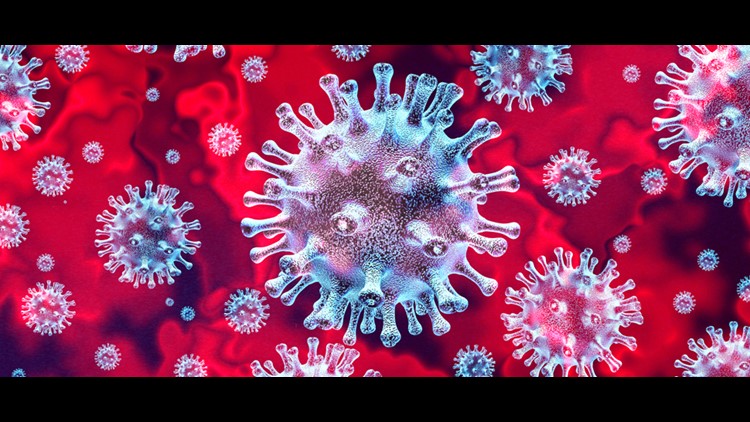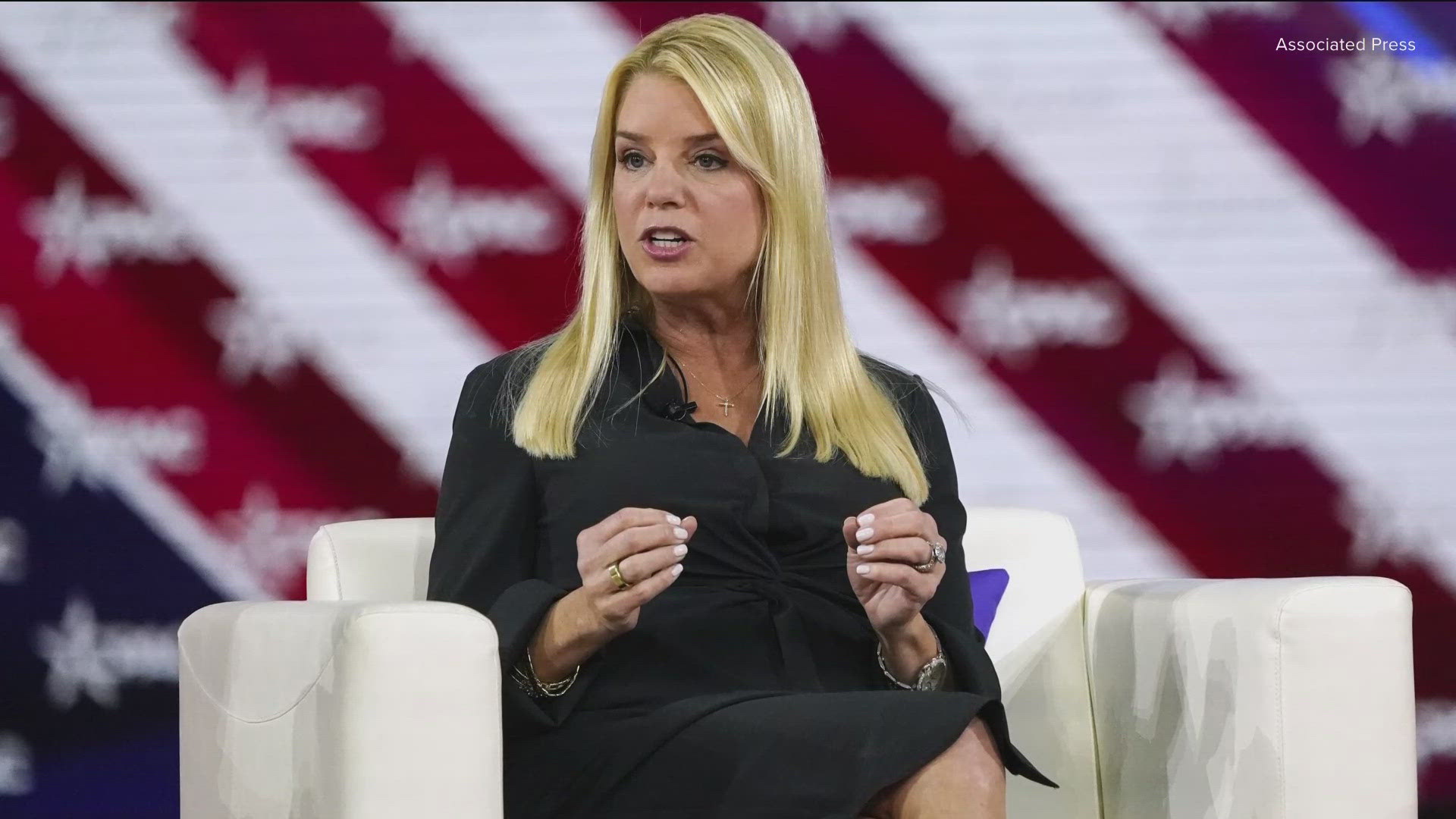TRAFALGAR, Ind. — I moved to a new condo in the early stages of this pandemic, and as I restored my personal library, I found a coverless paperback edition of Alvin Toffler’s “Future Shock.”
In his introduction for the 1970 landmark book, Toffler explained, “I coined the term ‘future shock’ to describe the shattering stress and disorientation that we induce in individuals by subjecting them to too much change in too short of time.”
With this coronavirus pandemic, we have essentially come to another pivot point in American culture which has begun to unfold over the past six weeks, joining the American Revolution, the Civil War, the 1929 stock market crash that wrought the Great Depression, Pearl Harbor and World War II, the assassination of President Kennedy, and 9/11 as events that inextricably changed our lives.
The dreary month of April ends with more than a quarter million Hoosiers out of work, at least a thousand dead, while many of our favorite stores, restaurants and bars are on the ropes.
Toffler writes of the human experience over the past 50,000 years, with 62-year lifespans accounting for 800 such lifetimes, about 650 of which were spent dwelling in caves. For many Hoosiers, the 799th and 800th lives were outside the agrarian experience with the evolution of the Industrial Revolution.
Toffler wrote of the emerging “super industrialist” age following the development of the car and airplane a century ago. The new game changers of our time have been Google and the iPhone.
I’ve long written that Americans face an existential crisis about every 80 years. COVID has arrived about 79 years after Pearl Harbor.
In most of our lifetimes, the ramifications of these cultural pivots seemed to impact our lives around the fringes. JFK’s death gave way to the Beatles, Vietnam war protests, Watergate and the growing distrust of government. Sept. 11 brought the notion of entering an airliner without shampoo bottles in your luggage and with your shoes and belts off, along with billions of dollars of security costs.
What we are just beginning to fathom is how our culture is about to change with this pandemic. A few months back, entering a convenience or liquor store with a mask on could get you shot by an alarmed clerk. Some of us fretted about a $1 trillion federal budget deficit and the disappearance of Republican deficit hawks. Within six weeks, that’s risen to $4 trillion and prompted Mitch McConnell to ponder shutting off the money spigot a year before a COVID vaccine is available.
Our children and many employees are now learning and working remotely from home. Business meetings can be conducted on Zoom! Shorter workweeks may dominate the workforce.
Derek Thompson writes in The Atlantic that the wobbling department stores and shopping malls will be put out of their miseries, and that only 30% of restaurants and small boutique shops will likely make it. “We are entering a new evolutionary stage of retail, in which big companies will get bigger, many mom-and-pop dreams will burst, chains will proliferate and flatten the idiosyncrasies of many neighborhoods, more economic activity will flow into e-commerce, and restaurants will undergo a transformation unlike anything the industry has experienced since Prohibition. Some of these changes are violent interruptions to modern life, like the closing of gyms and cessation of sit-down restaurant service. But in the long term, COVID-19 probably won’t invent new behaviors and habits out of thin air as much as it will accelerate a number of preexisting trends.”
As e-commerce grows, “Long stretches of cities will feel facelessly anonymous,” Thompson writes. “With fewer independent stores and more Americans working from home, the streets will be quieter, too.”
I excerpted Thompson’s article in Tuesday’s HPI Daily Wire, just above a Muncie Star Press story about Jack’s Camera Shop downtown closing its brick and mortar shop. “It was a tough call, but if we continued we wouldn’t have even been able to make the online jump,” said the owner.
Chicago Mayor Lori Lightfoot talked of the Cubs and White Sox returning to the friendly confines as well as 35th and Shields, sans fans. Fox News reported that 80% of survey respondents wouldn’t feel safe returning to work with a vaccine. A Politico/Morning Consult poll revealed 73% think Americans should continue social distancing, even if it means continued damage to the U.S. economy, while 79% believe that second wave is very or somewhat likely.
Toffler adds, “Future shock is a time phenomenon, a product of the greatly accelerated rate of change in society. It arises from the superimposition of a new culture on an old one.”
Through all this uncertainty, alarm, disease, death and layoffs, there are examples of resilience. Hoosier first responders are holding parades for health care workers up in The Region. Sewing clubs across the state have sprung up to fill the need for PPE the federal stockpile was unable to deliver.
Driving north on SR135 in Trafalgar last Saturday was to find a line of about 50 cars waiting to pick up a drive-thru meal from the Crowbar Inn and Lounge. These were folks ready and willing to support their local watering hole after a month of distress.
Hopefully this pandemic won’t change the concept of “Hoosier hospitality” and looking out for our neighbors in this time of vast change and uncertainty.
The columnist is publisher of Howey Politics Indiana at www.howeypolitics.com. Find Howey on Facebook and Twitter @hwypol.



